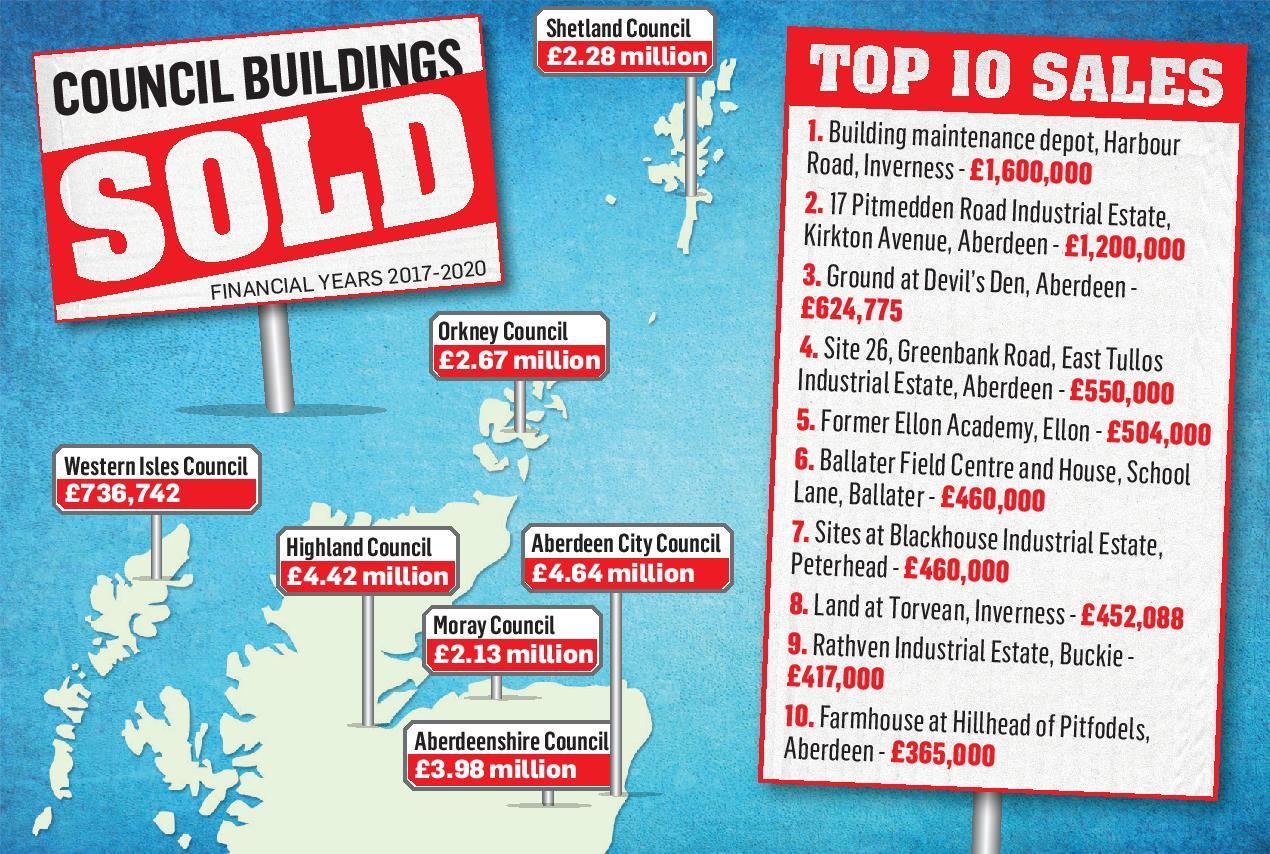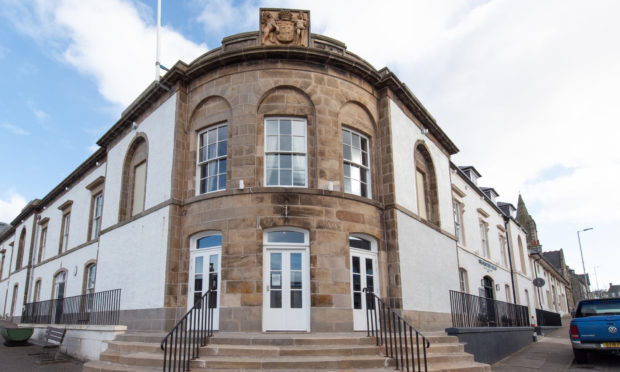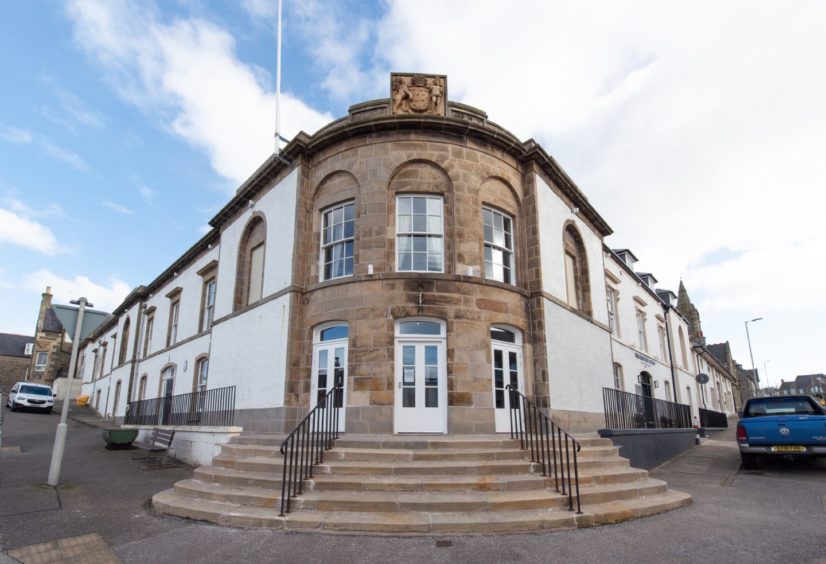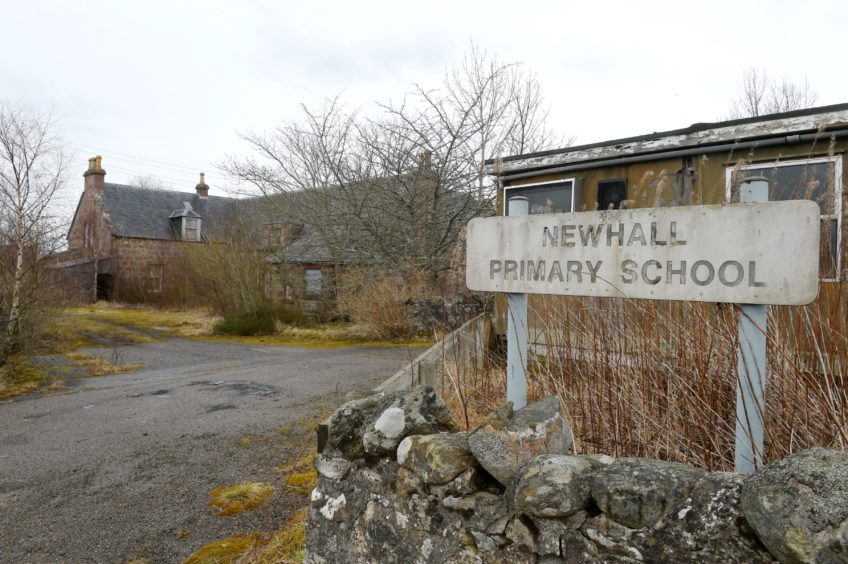The Scottish Government has been accused of sparking a near £21 million sale of assets by under-funding councils in the north and north-east.
Local authorities across the country have been tightening their belts in recent years as finances become more stretched.
Now figures obtained by the Press and Journal can reveal that over the last three years Aberdeen, Aberdeenshire, Moray, Highland, Shetland, Orkney and the Western Isles councils have sold a combined £20.8 million worth of buildings and land.

The sales range from industrial estate sites valued at more than £1 million, former depots that are no longer needed as well as schools that have since been replaced.
At the lower end they also include garages and garden land worth less than £2,000, facilities passed to communities at no cost and sales of buildings now either surplus to requirements or too expensive to run.
The Scottish Government has stressed that it is up to councils to manage their assets as “efficiently” as possible – while saying it continues to provide fair settlements.
However, Scottish Conservative leader Douglas Ross, who is also Moray MP, believes some of the sales have been driven by diminishing funding settlements.
He said: “Councils will dispose of property for many reasons, often when buildings or land are deemed surplus to requirements.
“But local authorities like Moray are also increasingly cash-strapped due to years of poor funding settlements from the SNP government.
“Selling off buildings will be one way to save money that can be better spent protecting front line services such as schools, road maintenance and elderly care.”
Moray Council has offloaded a series of community centres and town halls in recent years as part of budget cuts, while putting former offices no longer needed up for sale.
Meanwhile, Aberdeen City Council agreed savings of £38 million in February while a large-scale voluntary redundancy programme has shed 170 staff in recent years.
The Convention of Scottish Local Authorities (Cosla), which represents all 32 council areas, explained selling assets was “generally a small element” of finances but explained it could be used as an alternative to borrowing money to pay for projects or generate long-term savings.
A spokeswoman said: “Councils are always looking to manage assets that they hold as efficiently as possible.
“Where assets are deemed surplus to requirements, for example, through a programme of rationalisation, then it is possible that revenue savings will also accrue.
“Climate change is another key driver of asset management, where councils seek to dispose of buildings that are particularly energy inefficient, thus generating recurring revenue savings as well as wider benefits.”
The Scottish Government has stressed that it has continued to fund councils amid their own diminishing budgets.
A spokeswoman said: “Local authorities are independent bodies and it is for them to decide how to manage their budgets and property portfolios most efficiently.
“Despite cuts to the Scottish budget from the UK Government over the period 2017-20, we have continued to treat local government fairly including a real terms increase of 2.3% in real terms in their day-to-day funding for local services over the same period.
“We will continue to work together with Cosla and local authorities to ensure we are doing everything within our power to protect public services.”




